Meet Rhonda Baraka | Writer/Director
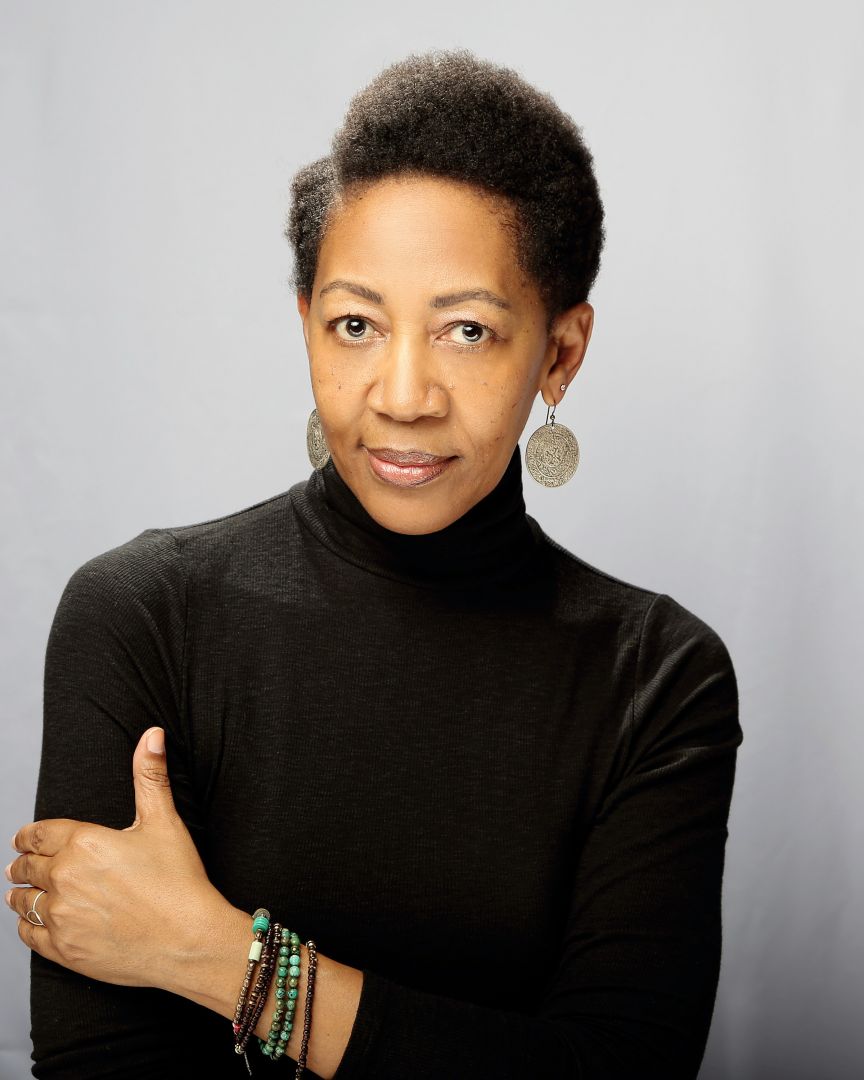

We had the good fortune of connecting with Rhonda Baraka and we’ve shared our conversation below.
Hi Rhonda, what’s the most important lesson your business/career has taught you?
A few years ago I read “The Four Agreements,” by Don Miguel Ruiz. He calls the book a “practical guide to personal freedom” and in it he outlines a code of conduct that he purports to be the key to improving one’s life. His four-pronged prescription is as follows: be impeccable with your word, don’t take anything personally, don’t make assumptions, and always do your best. Of these four, the one that I have found most helpful in my business is the second: don’t take anything personally. This is a lesson that I learned some time ago and I lean into it when I find myself dealing with difficult people — people who tend to create challenges for others because they are dealing with challenges of their own — usually an internal conflict or a sense of insecurity that they project onto others. That’s not to say that I don’t look in the mirror and question whether or not I could have done a job better or handled a situation differently. I do; however, I have also learned how to recuse myself from matters that have nothing to do with me, matters that are rooted in another person’s need to prove his or her value by over-talking and over-ruling others. I’ve learned what confidence looks like, and it’s not loud or condescending. It’s not bossy or overly-critical. It’s not controlling or dismissive. I’ve learned, especially as a director, that the way I handle a conflict or challenge will set the tone for how members of my crew respond and how they interact with one another. My goal is to always keep my eye on the prize. Keep my focus where it belongs: on the work that I was hired to do without allowing the actions of others to derail me. I’ve learned that no matter how many difficult conversations I have with difficult people, I cannot magically erase whatever biases, insecurities or other issues they may have. I understand that once we say “that’s a wrap,” those issues will remain and I will move on to the next project with my dignity, ego and sanity fully intact. I will move on knowing that the only thing I ever need to take personally is the way I talk to and treat myself.
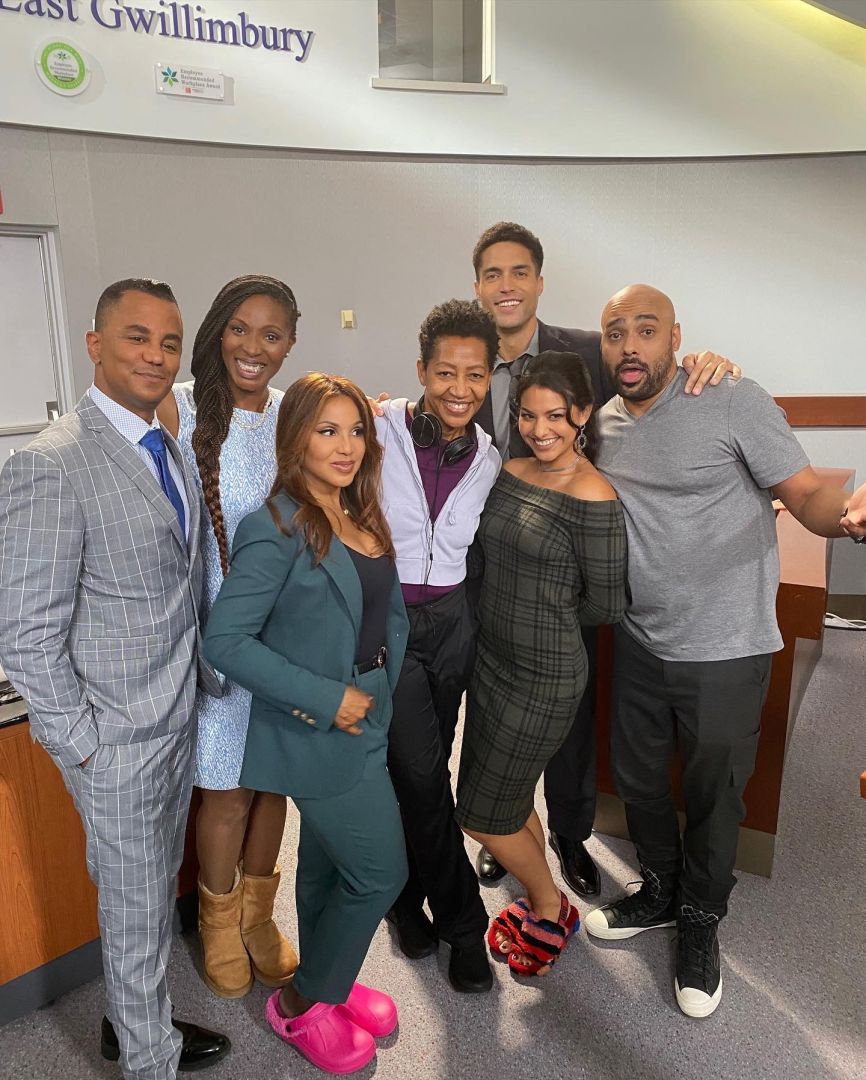
Can you open up a bit about your work and career? We’re big fans and we’d love for our community to learn more about your work.
I have always had a vivid imagination and have always found a way to indulge it. As an artist, I am inspired by all aspects of art — visual, music, dance. All of it. Some people say it can be difficult for an artist to find her voice. I disagree. I think every artist knows her voice. What’s difficult is finding the courage and freedom and confidence to listen to and use that voice. The urge, and sometimes the necessity, to bend one’s creative vision towards trends and commerce can be overwhelming. Not all artists get to earn a living by creating purely from a place of passion without giving a single thought to what the market demands. It’s a balancing act — finding that sweet spot. It is truly a valiant but important endeavor. As an artist, I want to not only earn a living but also create work that consistently reaches audiences — the larger the better. At the same time, I want my work to speak for me, to represent me, to feel authentic to who I am as an artist. As a woman. As a black woman. As Rhonda. I would be less than honest if I said that it’s not still a challenge. It is. As a black woman, I often get put in a box, but I have to remind myself that there are stories inside that box that are still worth telling — stories that have not been told the way that I can tell them. So even in that box, I find a way to be creative. Still, that doesn’t stop me from coloring outside the lines or from writing outside the box. It doesn’t stop me from doing everything I can to always honor my voice and my vision in as many ways, with as many stories as possible.
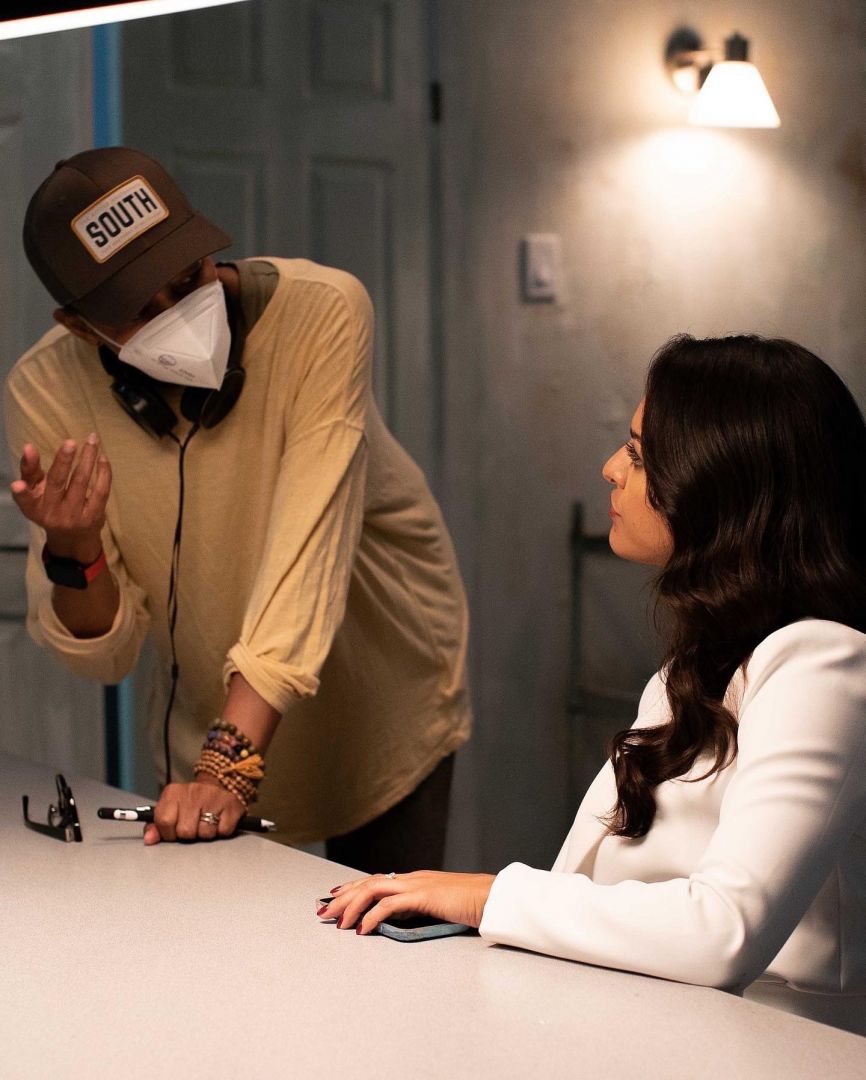
Any places to eat or things to do that you can share with our readers? If they have a friend visiting town, what are some spots they could take them to?
I live in the suburbs of Atlanta and, as fun as Atlanta itself is, there are many really cool areas just 20 minutes outside of the city. I especially like the downtown areas in the suburbs because they boast tons of locally-owned restaurants, shops and boutiques. My favorites are downtown Decatur, Marietta Square, and downtown Alpharetta. Great people, great food, great vibes.
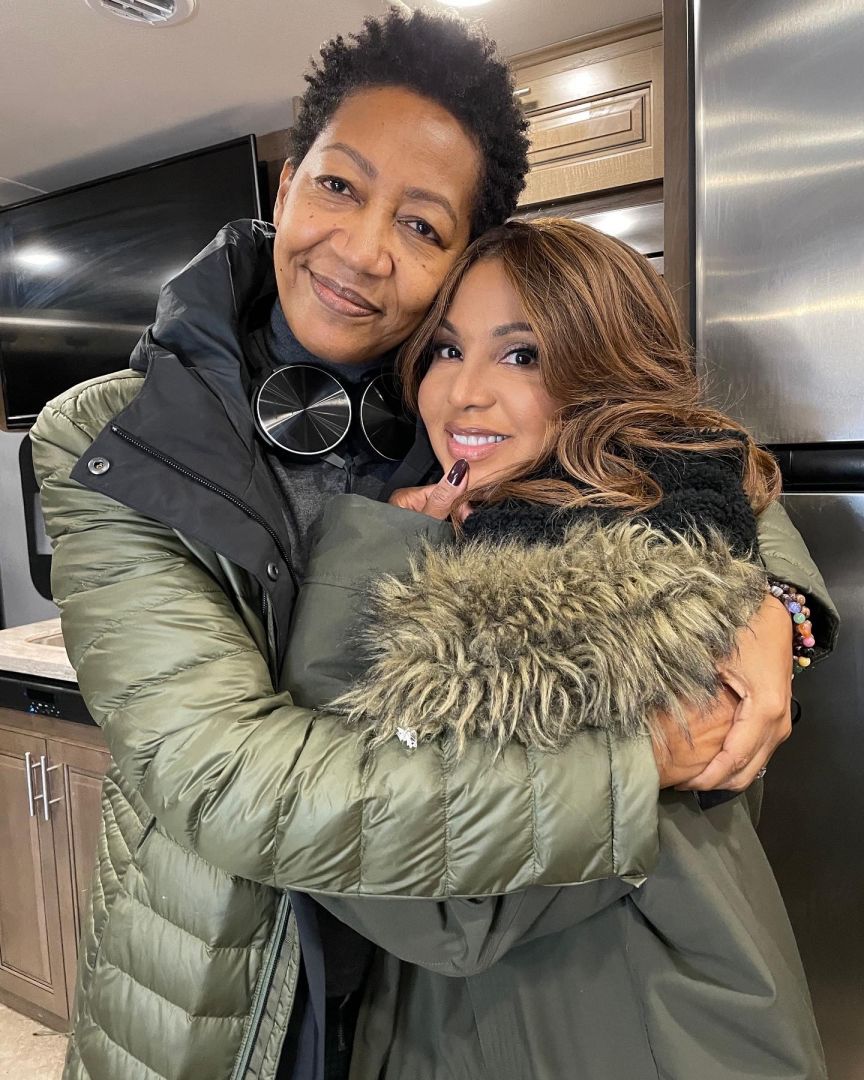
The Shoutout series is all about recognizing that our success and where we are in life is at least somewhat thanks to the efforts, support, mentorship, love and encouragement of others. So is there someone that you want to dedicate your shoutout to?
There are several people who I consider to be part of my story because they (1) recognized my talent (2) created or signed off on opportunities for me to share my talent and (3) opened doors for me to take my talent to the next level. Among them are Rockmond Dunbar (actor and director), Eric Tomosunas (producer, Swirl Films), D’Angela Proctor and Robyn Greene-Arrington (both formerly of TV One), Brad Siegel (formerly of UP TV and TV One), Barbara Fisher (formerly of UP TV), Salli Richardson-Whitfield (actor, director, producer), David Tenzer (my longtime attorney), my current team (Bill, Jen and Wilson) at Paradigm and network execs at Lifetime, OWN, TV One, and Hallmark. I am also grateful to a host of others who — though I may no longer be professionally affiliated with them — played important roles at some point in my career. But my biggest thanks and shoutout go to my kids, Toni and Koran. They are my greatest source of inspiration and my most ardent supporters!
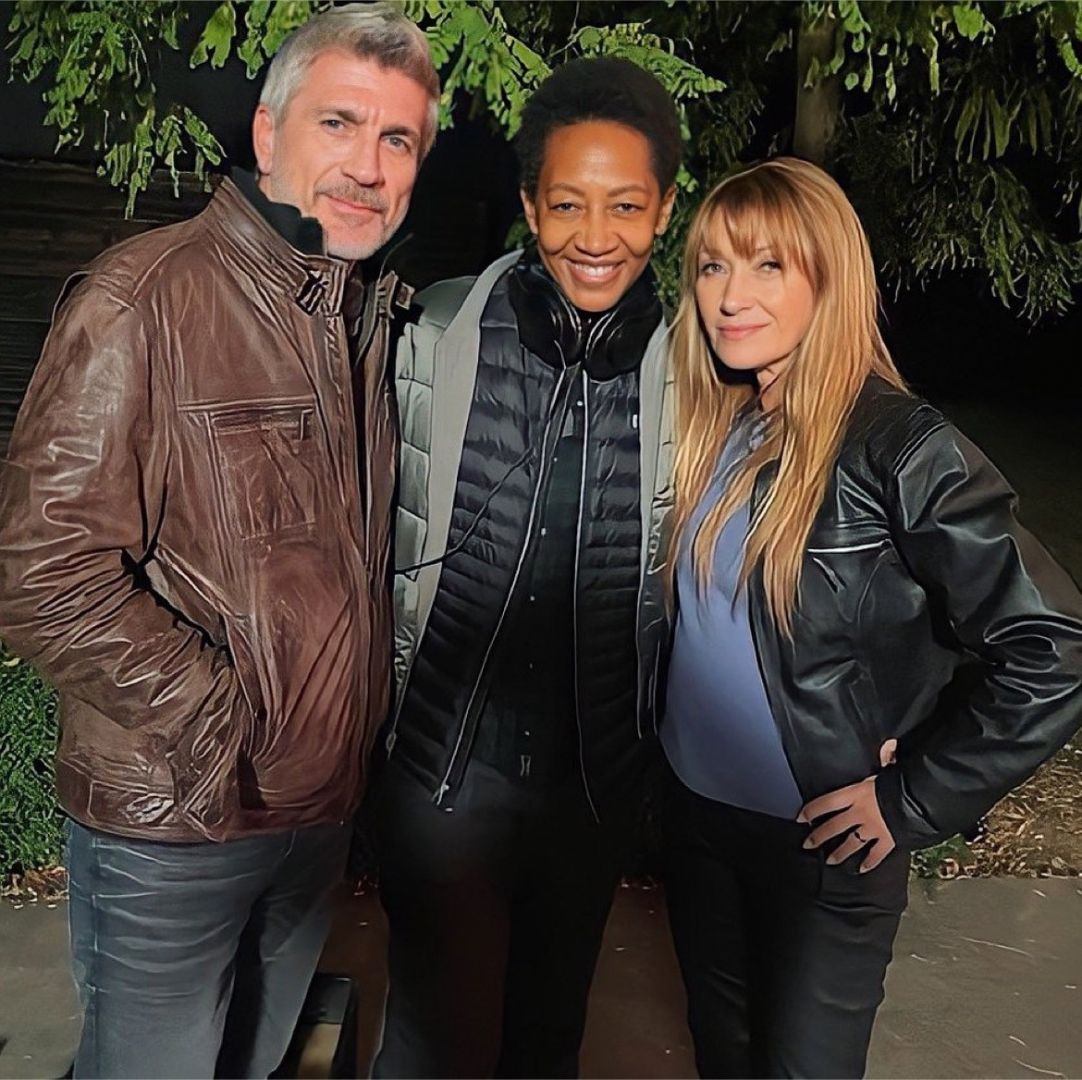
Instagram: rhondafbaraka
Image Credits
Headshot: Darren Freeman Photography.
